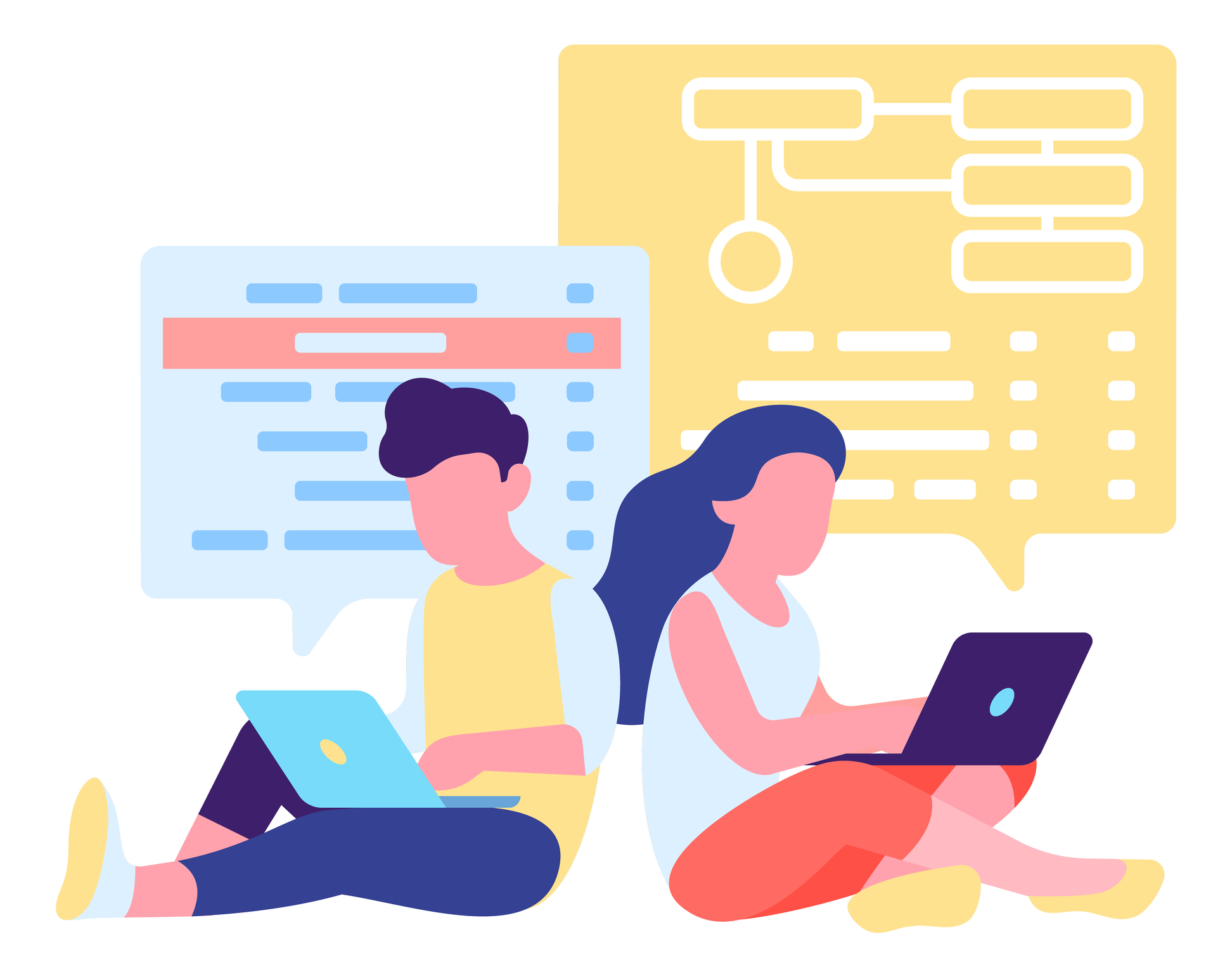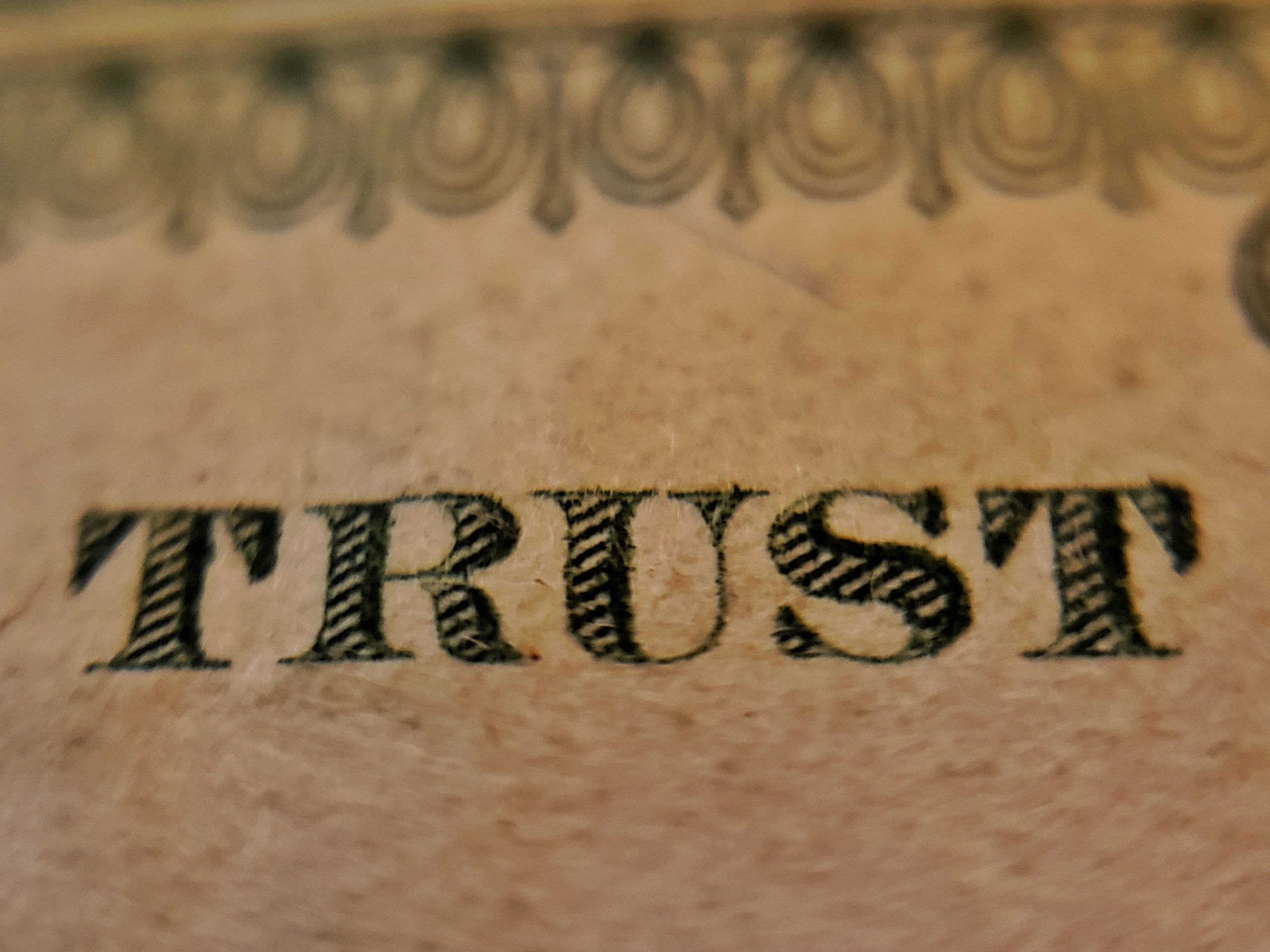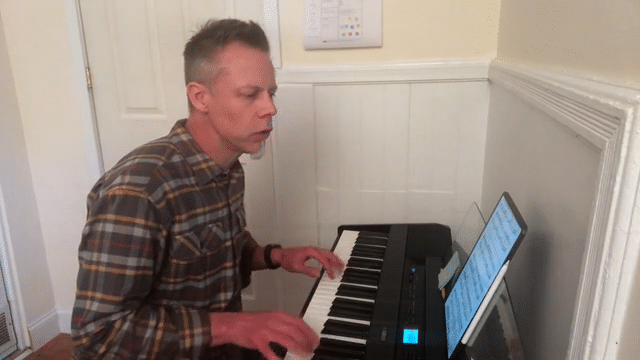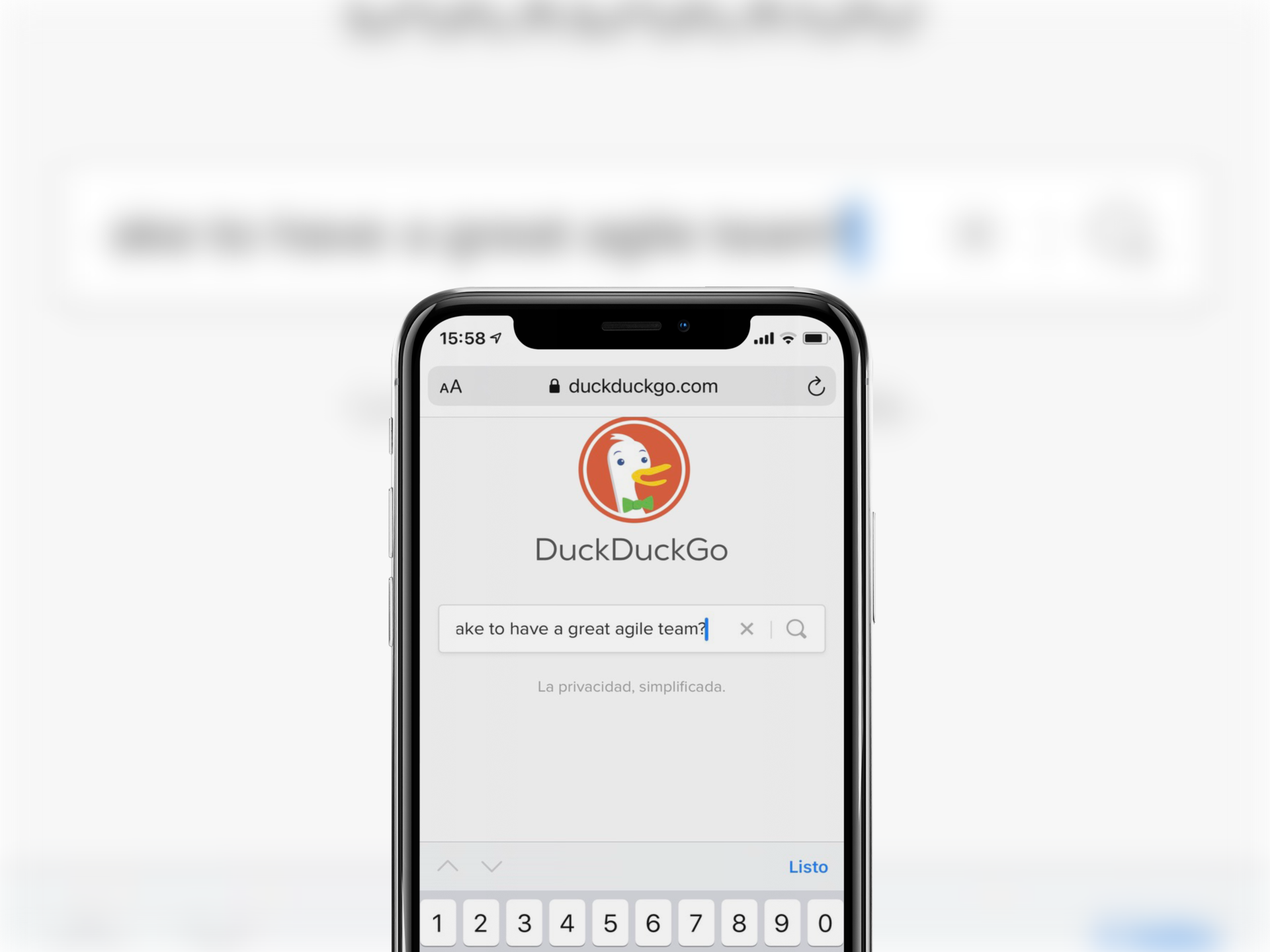Here are some highlights from the amazing Agile Games 2011 conference .
First, my major themes from the event:
- Learn Fast, not Fail Fast
- Teach People Early, not Disappoint People Early
Luke Hohmann of Innovation Games gave a rousing inspirational keynoteabout how awesome it is to work on software. One key problem he noted is that we don’t talk to our customers and end users enough. He mentioned Capers Jones’ analysis that companies that provide their workers two weeks of training per year on any topic are more productive than other companies.
The Where Are Your Keys? Fluency Game is an amazing approach to accelerating learning. Babies are great learners; Where Are Your Keys? is is a set of tools that create that same fun, supportive, engaging environment for knowledge acquisition in adults.
Jacquie Lloyd Smith of StrategicPlay led a session on Lego SeriousPlay. People love to play with Legos; if nothing else, it’s a great way to break the ice on a new team, get people to know each other, and overcome shyness.
Don McGreal from Tasty Cupcakes led White Elephant Sizing. For us New Englanders, that would be Yankee Gift Swap Sizing. This is a great way to get a team to quickly estimate the relative size of items in a product backlog.
Michael Sahota, Brian Bozzuto, and Johnny Scarborough led a workshop on Luke Hohmann’s Innovation Games. We played the 20/20 Vision Game to plan improvements for next year’s conference.
Michael McCullough of Tasty Cupcakes led us through a quick game incubatorand helped us through a new game, Don’t Blow It. A game is an experience for people that drives self discovery. A game without a purpose is just a game. Our games have intent and purpose. To create a new game, follow the PLAID method:
- Problem: have a problem
- Lead objectives: think of ~3 objectives
- Aspects of the game: who is my audience, what is the venue, etc.
- Invent: collaboration, innovation, frustration
- Debrief: Did we achieve self discovery? Ask people questions that lead to self discovery.

Alex Boutin led a session on the prize winning new game The Big Payoff. This game teaches how to maximize portfolio value, finish small projects so you gain value each quarter, and use Agile to have small projects that yield value each quarter
Agile & Ethics: Jay Conne led a discussion about the ethical basis of the Agile Manifesto. Agile is based on ethics, but they are implied and need to be exposed. One takeaway is that the Agile Manifesto states that we value X over Y, not X instead of Y.
Elevator Pitch: sell Agile to the CEO in 20 seconds: In this open space session, we discussed how to quickly sell Agile to a CEO. Here’s the outline of our elevator pitch:
- Intro: Recognize and state the CEO’s problem, challenge, or opportunity in his language, or just ask what is his biggest problem
- Meat: State that you’ve been thinking about the same problem, and that Agile tools & practices can solve it.
- Close: Set up a longer follow-up meeting to go into details.
This is a sales pitch. Make sure you rehearse so you don’t choke under pressure. Use the CEO’s style: if he is a hierarchical, high power distance person, behave that way; if he is an egalitarian, low power distance person, play that way.
Moss led an open space session on Games for Programming. One good idea is TDD Ping Pong: I write a test, you make it pass; then you write a test, and I make it pass. Another good idea is Test from a Hat: write the tests; put the test names in a hat; in random order, make the tests pass.
Short Games with Movement: This session was too much fun. We played numerous fun games that make you move and that quickly teach their lesson. Here’s the list of games:






